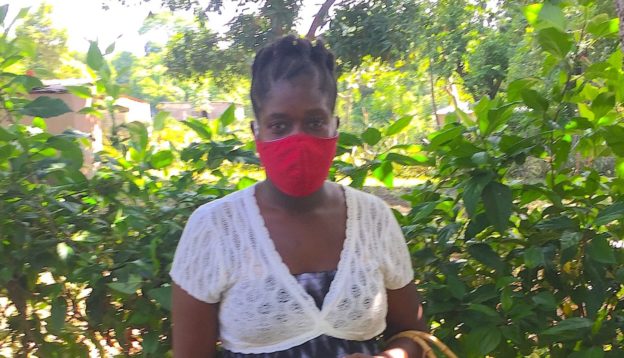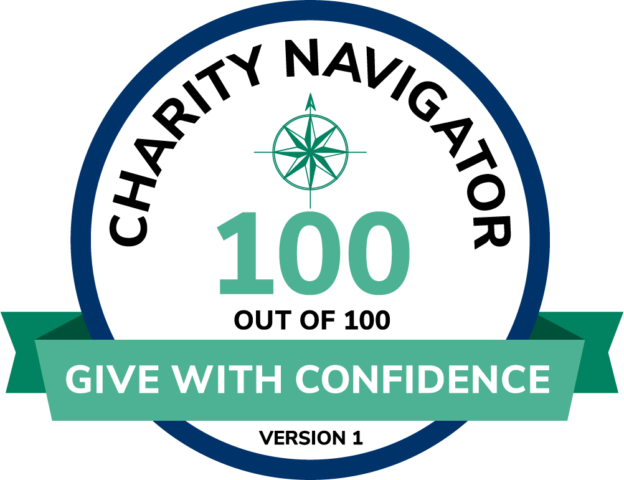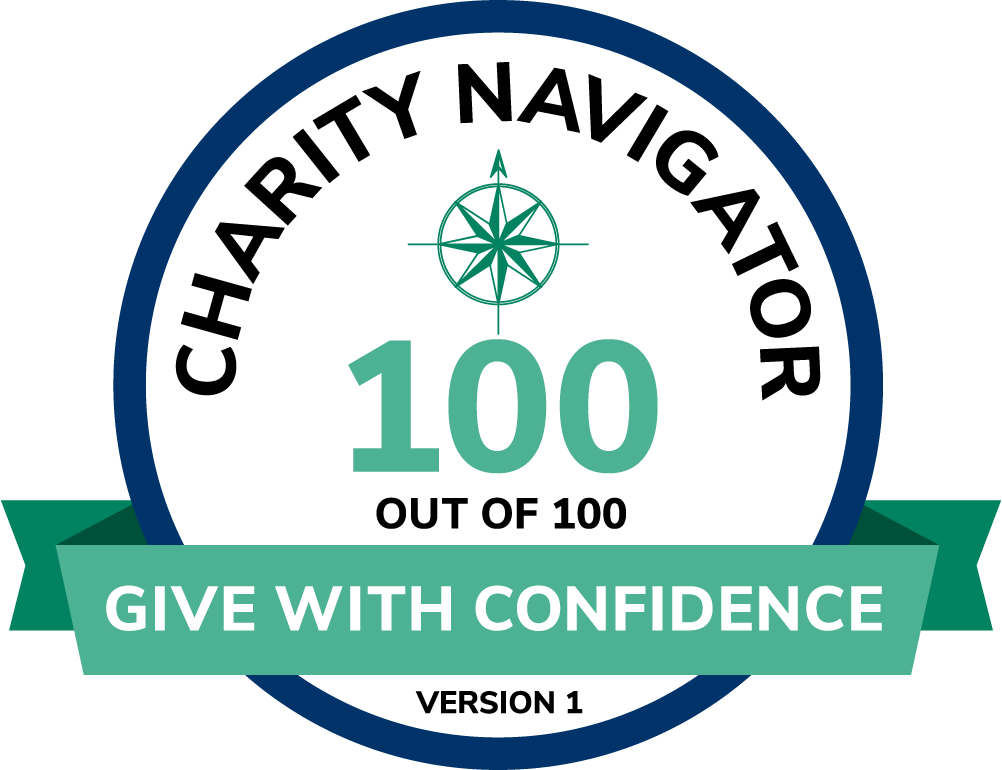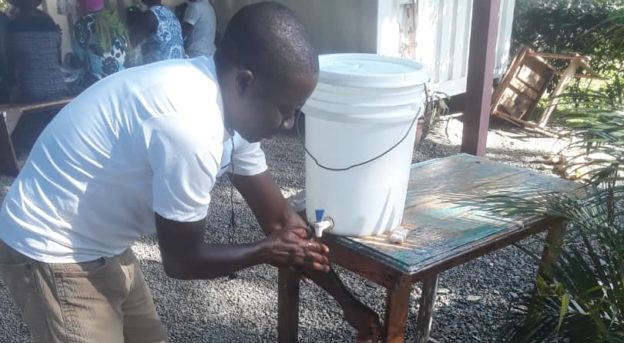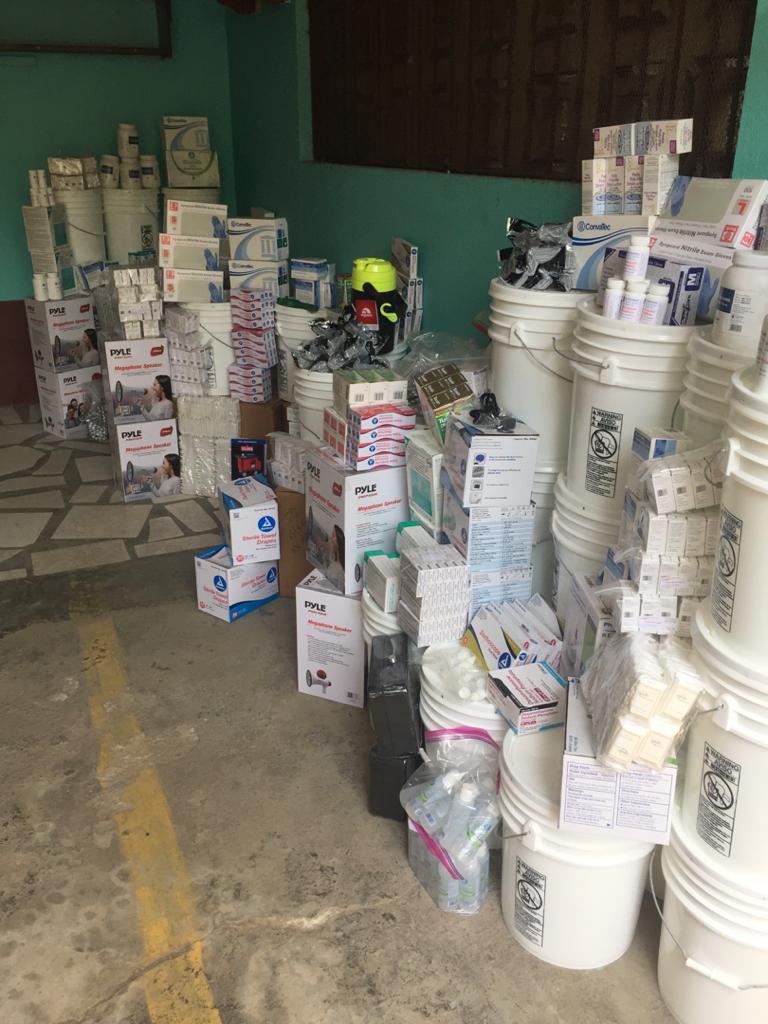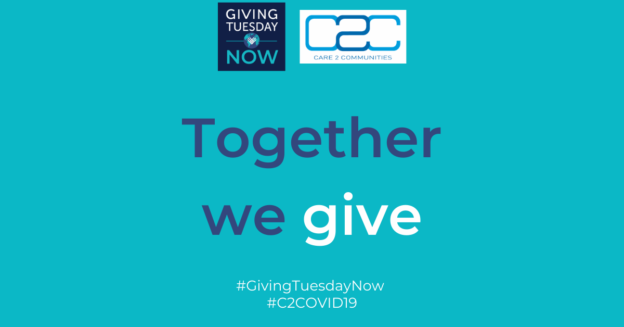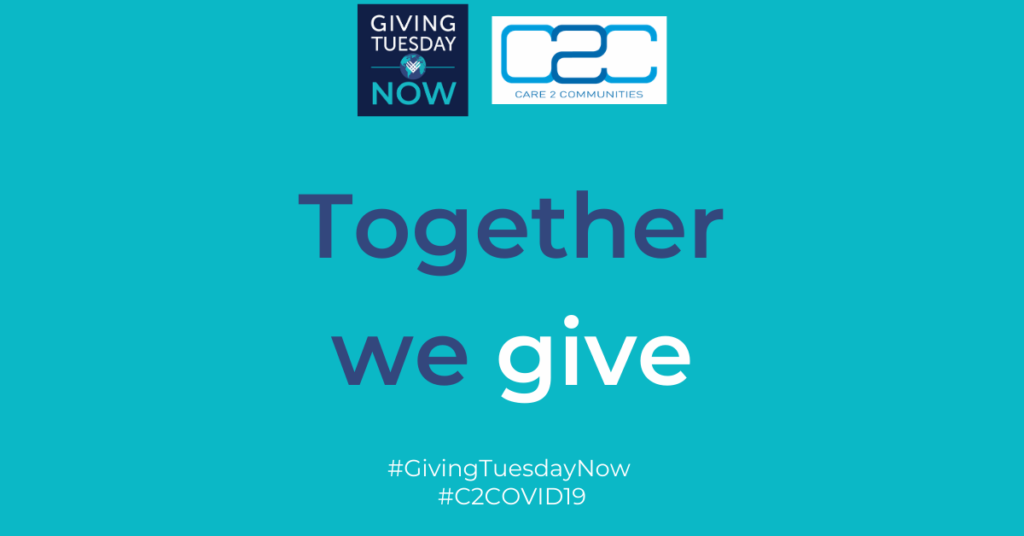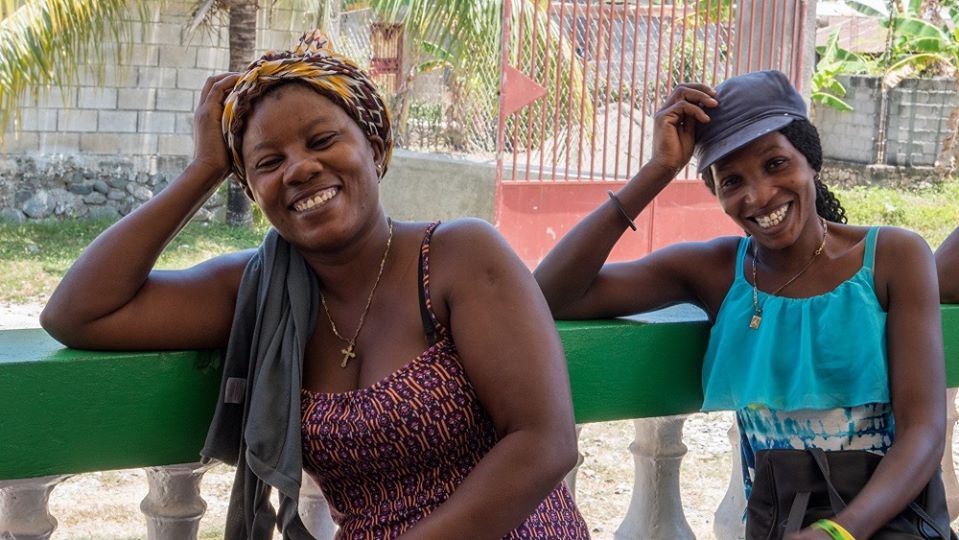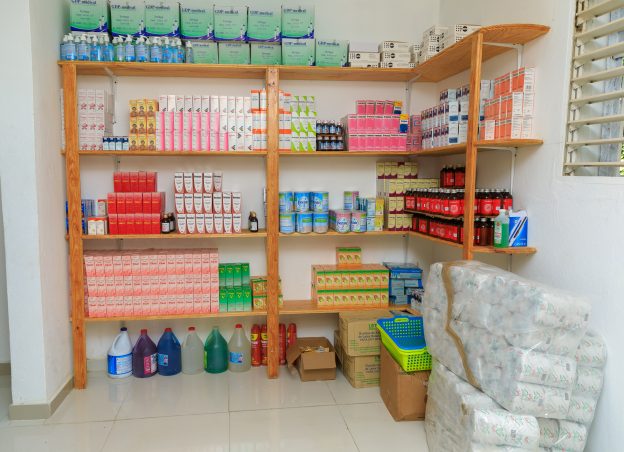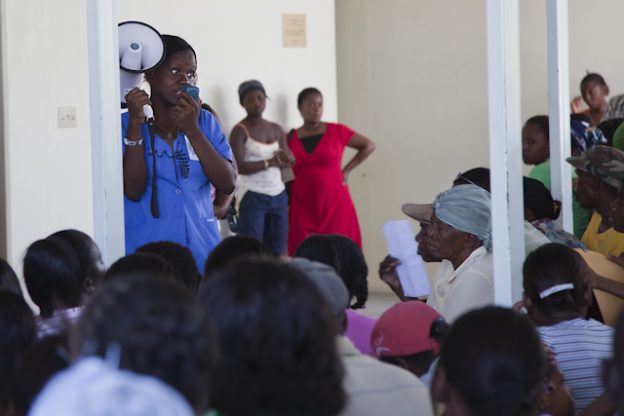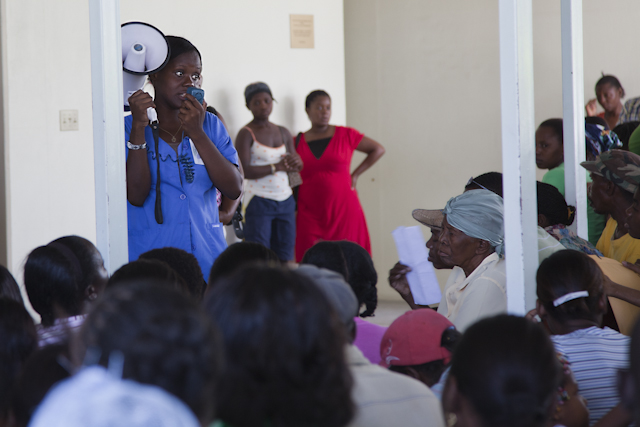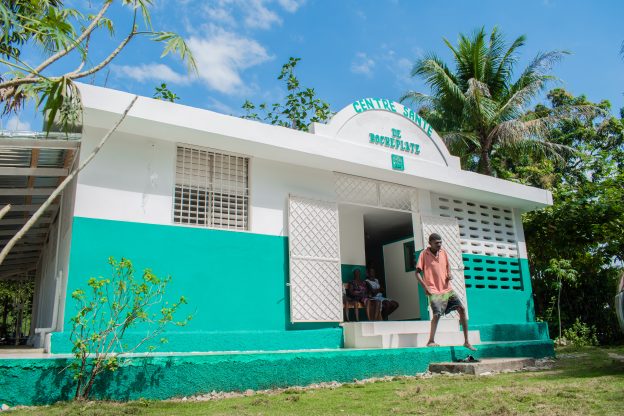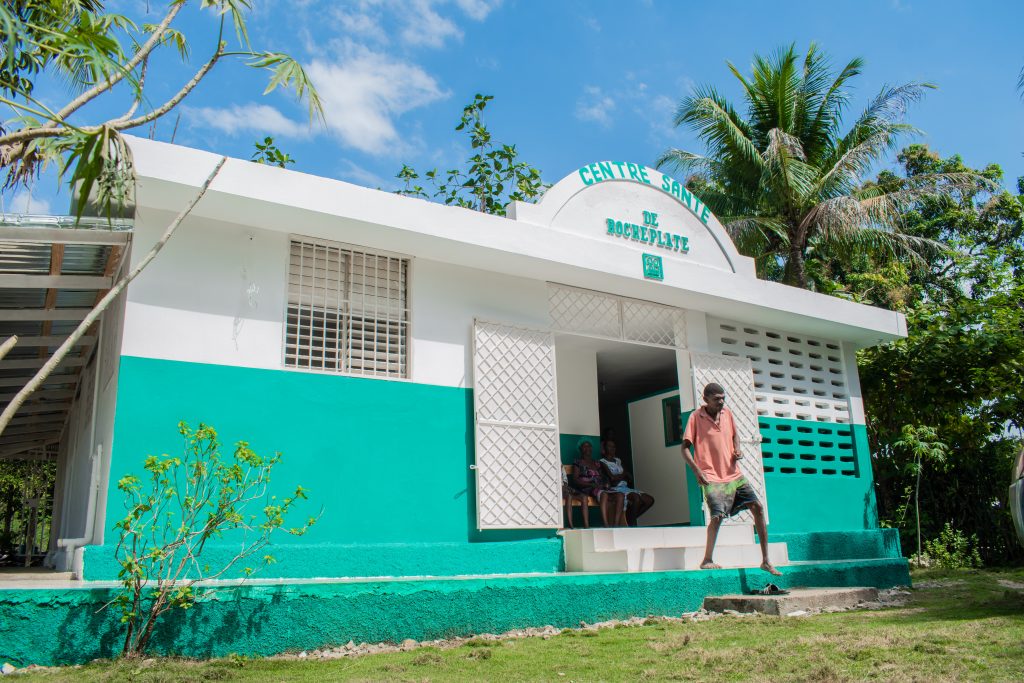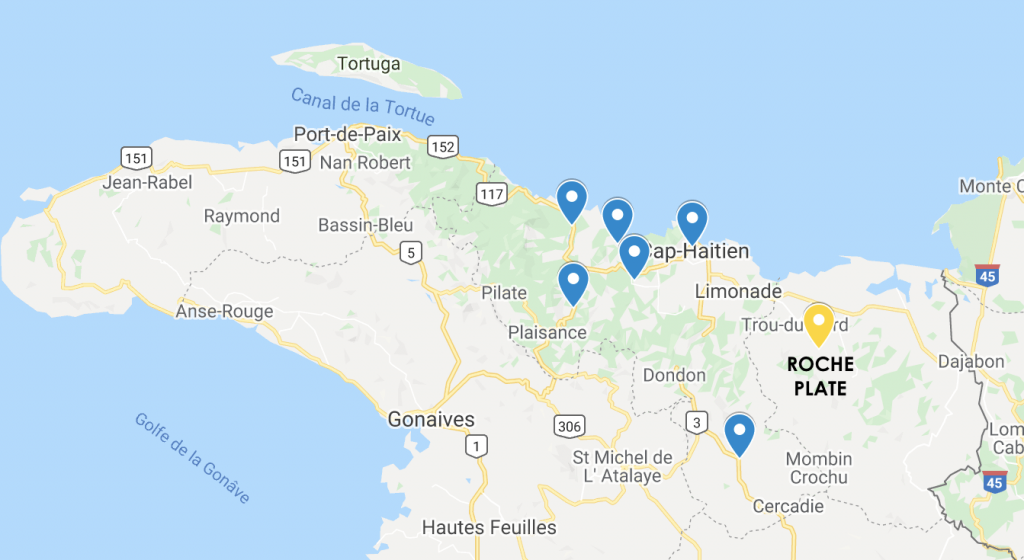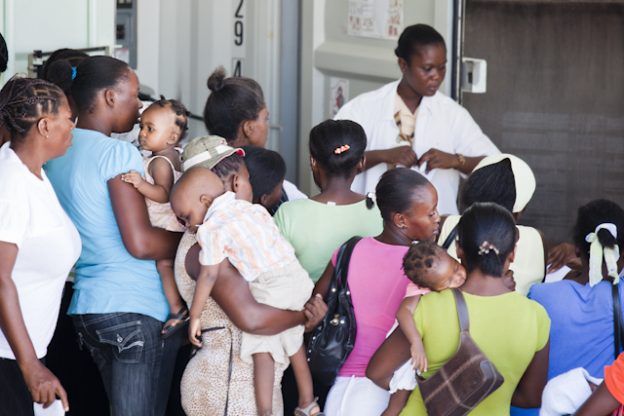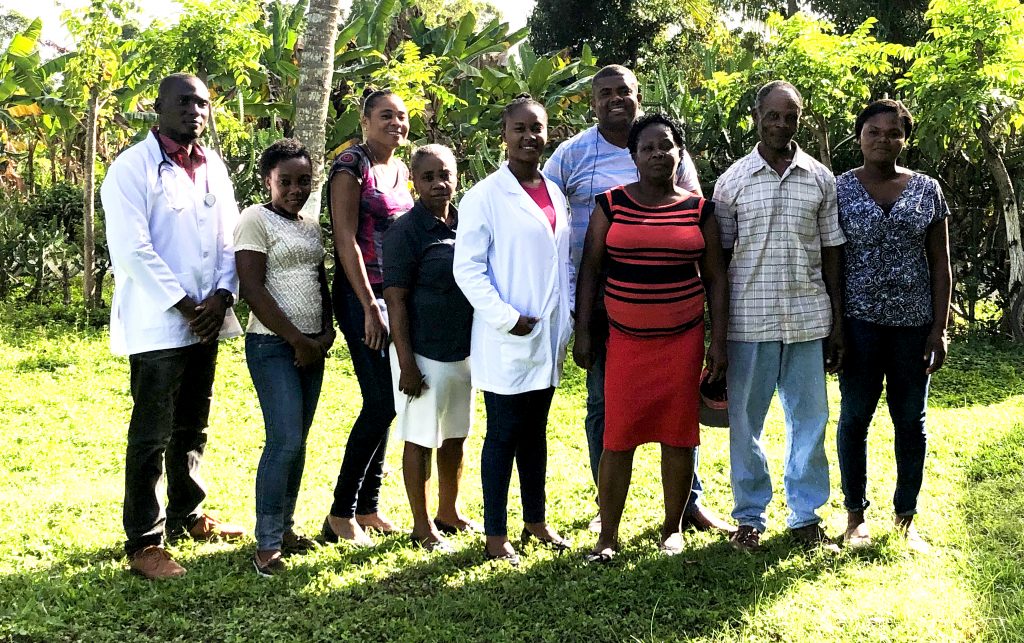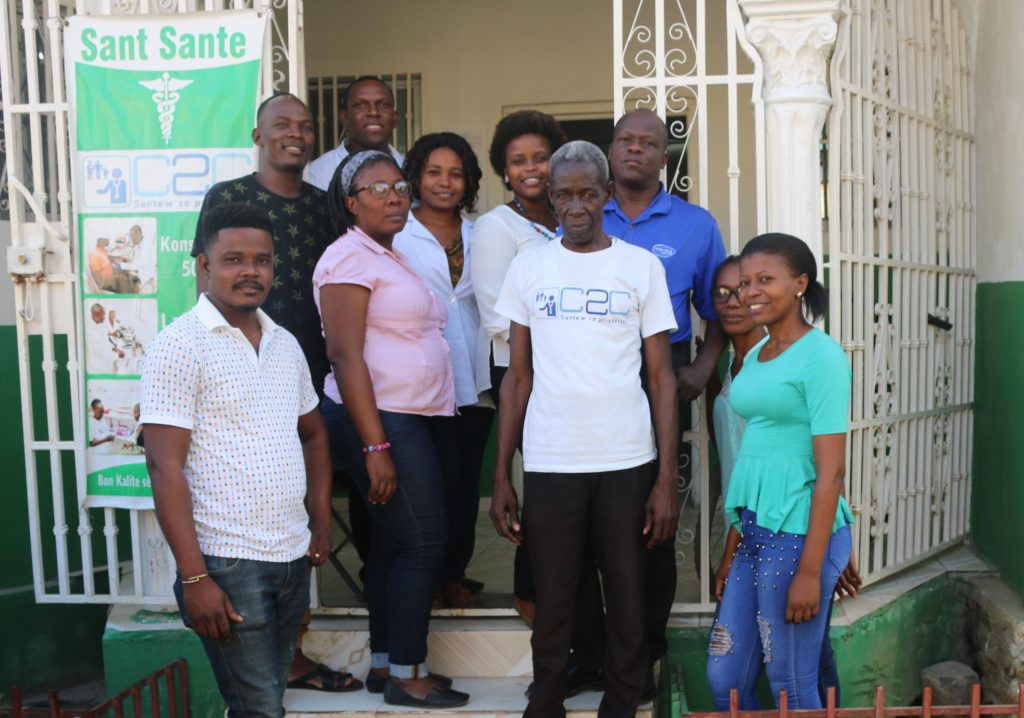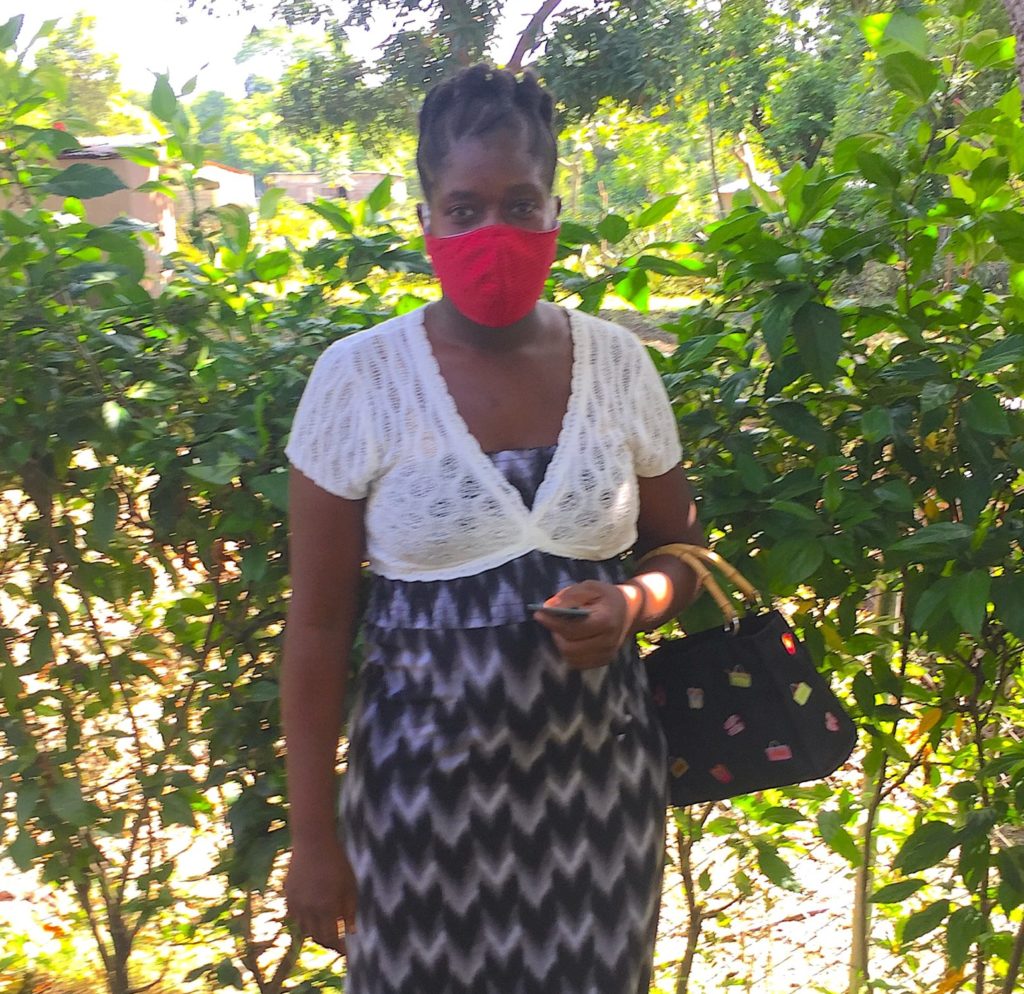
On March 20th, 2020, Haiti recorded its first confirmed case of coronavirus. As of July 29, Haiti has recorded 7,371 official cases and 158 deaths, although because the country has not been doing sufficient testing, the actual figures are likely much higher. Unfortunately, Haiti’s Ministry of Health lacks the resources to adequately respond to the virus. A 2017 report from the World Bank found that the government spends just $13 per capita annually on health services, much lower than neighboring countries such as the Dominican Republic ($180 dollars) and Cuba ($781 dollars) and the Latin American and Caribbean region as a whole, which has a per capita public expenditure of $336 dollars. Of the few funds allocated to the health system, 54% of the government’s expenditure is allocated to curative care (38% to hospitals) with only 19% directed towards preventive care.
Needless to say, the Haitian government was ill-prepared to take on the COVID-19 pandemic. As wealthy, developed countries such as the US have struggled to contain the spread, COVID-19 has also resulted in a health and economic crisis in Haiti. As C2C is the primary partner of the Ministry of Health in the north of Haiti, health officials have relied greatly on our organization to slow the spread of the virus, mainly through community education activities.
“For us, the main way to deal with the pandemic in Haiti is prevention,” says C2C’s Chief Operating Officer Dr. Samuel Bernard. At first, our staff found it challenging to convince people to follow best practices for virus mitigation. “People didn’t want to hear about [the virus] because they didn’t trust that it was real,” reflects Dr. Bernard. “Asking patients to wear masks, washing their hands before entering our clinics was a fight. But, by providing education many times a day in the clinics [and the communities], our patients finally understood that they should follow the protocol to avoid being infected.”
We are collaborating closely with the Ministry of Health on education activities, keeping people updated on the state of the epidemic in Haiti and how they can protect themselves and their families. Although the government has not been able to provide much support for these activities, C2C is grateful to our generous supporters for allowing us to continue our COVID-19 response.
At the onset of COVID-19 in Haiti, C2C set critical overarching goals, objectives, and activities for our clinic network and have continued to adjust our plans and priorities as the crisis continues to evolve.
Goals:
- Mitigate the spread of the coronavirus infection in our region of Northern Haiti
- Treat any patient suspected of having coronavirus
- Educate the communities we serve in virus mitigation best practices
Short-term Objectives:
- Prepare and train staff to provide education to our communities on coronavirus
- Secure equipment needed to face an epidemic
- Enhance the capacity of the clinics to quickly identify any suspected case of coronavirus
- Enhance the capacity of the clinics to care for any possible case of coronavirus infection
Sample of Clinical and Community Activities:
- Training of staff on COVID-19 and means of prevention: prepare and disseminate training materials about COVID-19 to give to staff; supervising doctor ensures that all clinical staff are trained properly
- Provide, improve, and resupply hand washing stations at each clinic and encourage increased handwashing among patients and staff
- Radio and TV announcements weekly from C2C medical staff; hire a local “mobile” (a pick-up truck with large speakers in the bed) to drive through communities and broadcast the Haiti Ministry of Health’s taped message on COVID-19 prevention
- Clinicians provide up-to-date information on COVID-19 during regular patient consultations; nurses hold education sessions in waiting room of clinics to inform patients how to protect themselves and their families
- Increase collaboration with peer organizations and the Ministry of Health to scale communications, education materials, outreach, and training
To learn more about C2C’s COVID-19 response in Haiti, visit our official COVID-19 updates page on our website.
